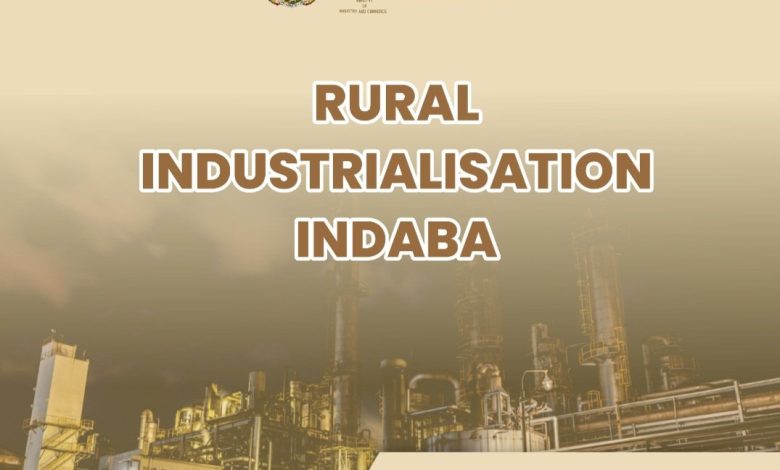Rural Industrialisation: Advancing Inclusive Growth Under Zimbabwe’s Devolution Agenda

By [Thabani Zororai], [Zimbabwean Patriot]
April 24, 2025
Empowering Rural Communities Through Industrialisation
The 2025 Zimbabwe International Trade Fair (ZITF), held from April 21 to 26 in Bulawayo, spotlighted the nation’s commitment to rural industrialisation, aligning with President Emmerson Mnangagwa’s vision of “leaving no one and no place behind.” The inaugural Rural Industrialisation Indaba, a key feature of this year’s ZITF themed “Industrialisation: Crafting an Integrated Economic Landscape,” brought together policymakers, investors, and community leaders to discuss strategies for uplifting Zimbabwe’s predominantly rural provinces.
Devolution: A Catalyst for Equitable Development
Under the Second Republic, devolution has been prioritized to empower local authorities and communities. With eight out of ten provinces being predominantly rural and contributing minimally to the national GDP, the government recognizes the urgency of harnessing local business potential. By focusing on provincial comparative advantages, the devolution agenda aims to stimulate economic activities tailored to each region’s unique resources.
Strategic Investments and Funding
To bolster rural industrialisation, the government has allocated ZiG 670 million towards related initiatives. This funding is directed at promoting start-ups in agriculture, enhancing value addition of produce, and developing infrastructure to support industrial activities in rural areas.
Infrastructure and Connectivity Challenges
Despite these efforts, challenges persist. Provinces like Matabeleland South face significant hurdles due to poor road networks and limited connectivity, hindering the transportation of goods and access to markets. Addressing these infrastructural deficits is crucial for the success of rural industrialisation.
Community-Centric Development Models
The government’s approach emphasizes people-centered development. Initiatives like the Presidential Rural Development Programme aim to transform rural communities from economic spectators to active participants. By establishing village business units and enhancing access to clean water through borehole drilling, the program seeks to create sustainable livelihoods and reduce rural-to-urban migration.




